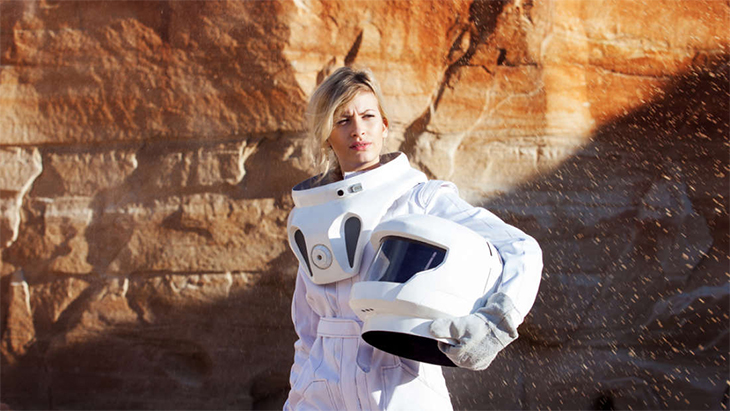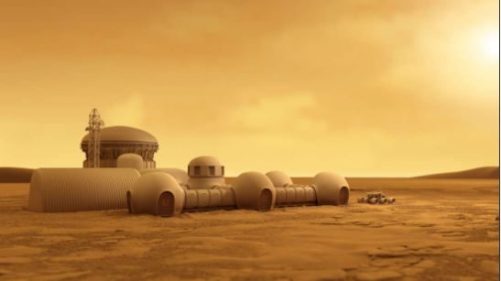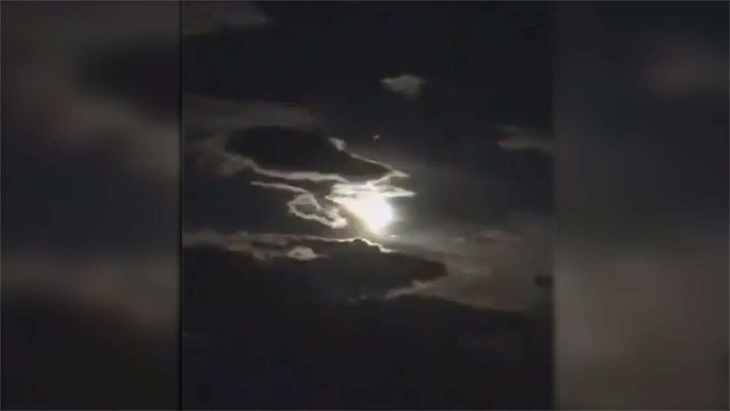By: Katy Evans/IFL Science It sounds like a pretty cool job right? Sort of superhero-y, protecting the planet from alien invasion, possibly an awesome outfit, probably a supergalactic weapon of some kind? Not quite, but NASA really is looking to fill the position of “Planetary Protection Officer” (PPO), and you can apply here.
The position is actually pretty high ranking and the pay’s not bad, with the salary listed at up to $187,000. But then, if you are tasked with protecting the planet from alien contamination on Earth, we shouldn’t really be scrimping.
The position was created after the signing of the Outer Space Treaty in 1967. It entails making sure humans, in the throes of space exploration, don’t contaminate any planets, moons, or other objects interacted with in space, and – just as importantly – prevent any unwanted extraterrestrial microbes from returning to Earth.
The Treaty states that any space mission approved must have a less than 1-in-10,000 chance of contaminating an alien world.
There are only two full-time PPOs in the world, currently – one at NASA and one at ESA – so you’d be joining a rather exclusive club, which is why the key skills and experiences required are pretty specific. It is also now part of the Office of Safety and Mission Assurance for Planetary Protection.
You’ll need to possess an advanced degree in science, engineering, or maths, or a combination of a degree and work experience, have at least a year’s experience as a top-level government employee, technical engineering expertise, and “advanced knowledge” of planetary protections. You’ll also need demonstrable experience in planning, overseeing, and executing space programs of “national significance”.
The role will include traveling the world to visit space stations and to analyze the equipment to be used in upcoming missions, such as the Mars 2020 rover or the Europa Clipper. It also requires “secret” security clearance, so “demonstrated skills in diplomacy” is listed as necessary.
You also need to be a US citizen, so sorry everyone else.
If you are in the very small Venn diagram of people who possess all of the necessary skills and requirements for this out-of-this-world role, you have until August 14 to apply.




